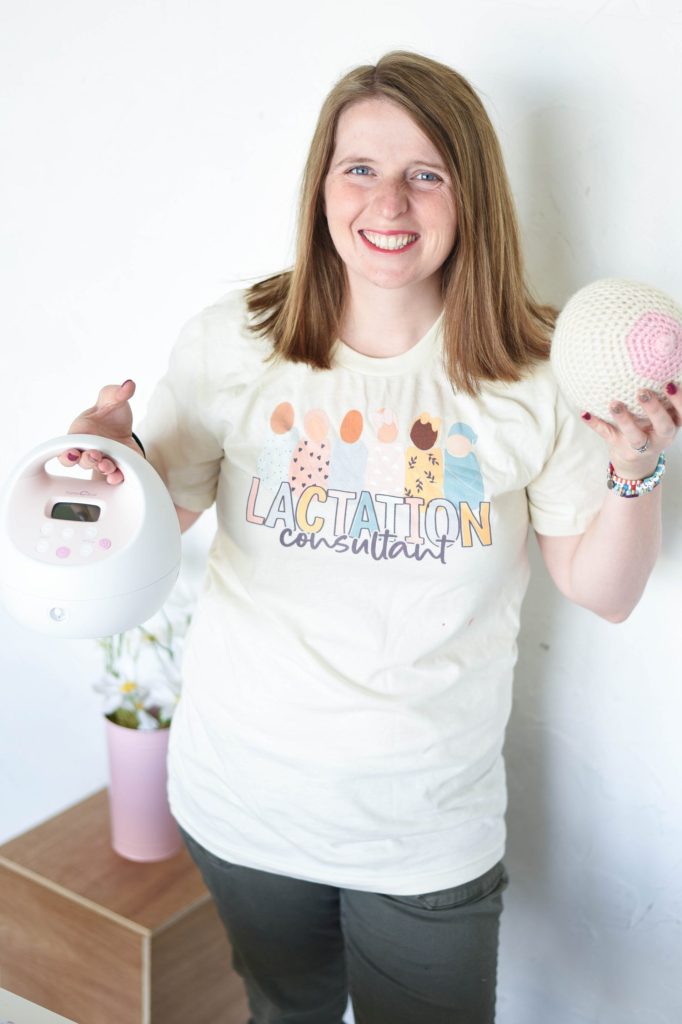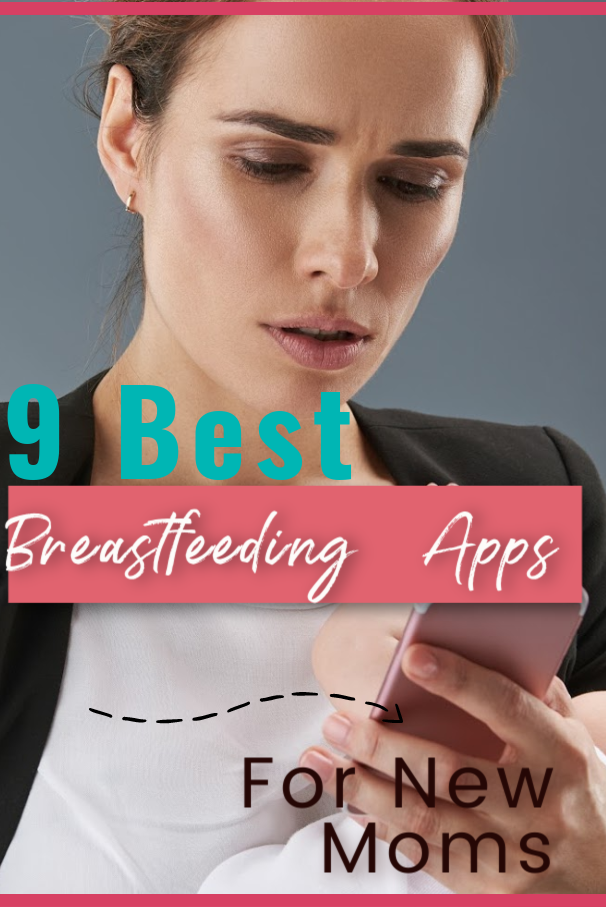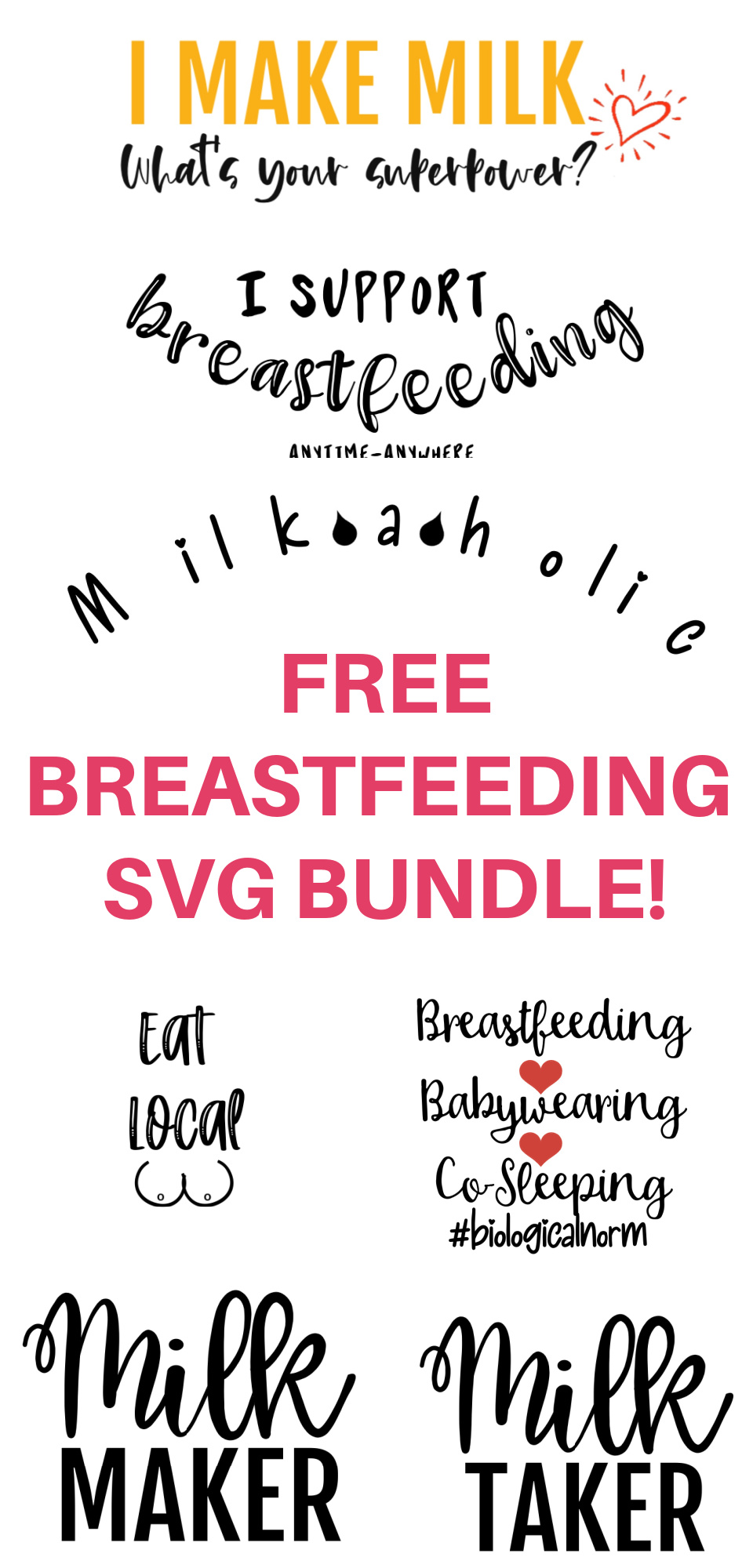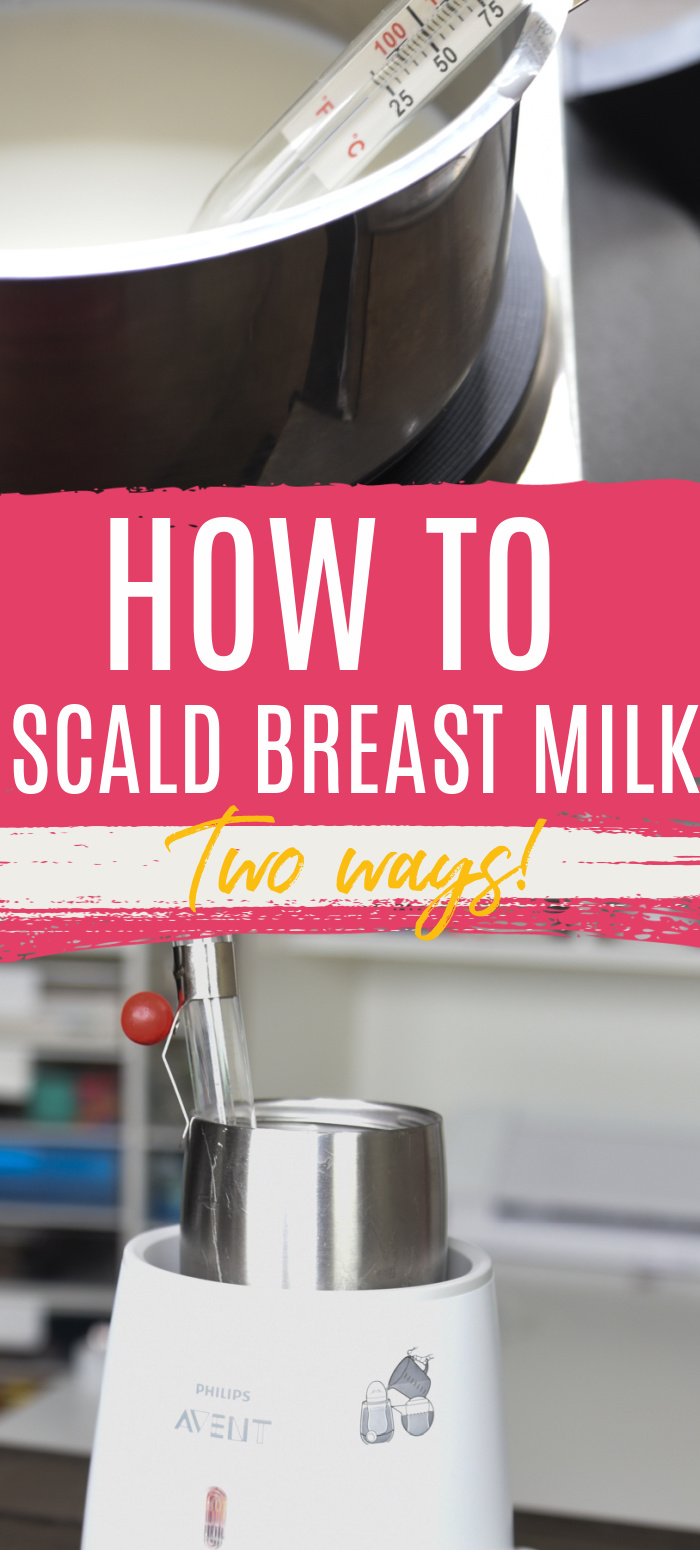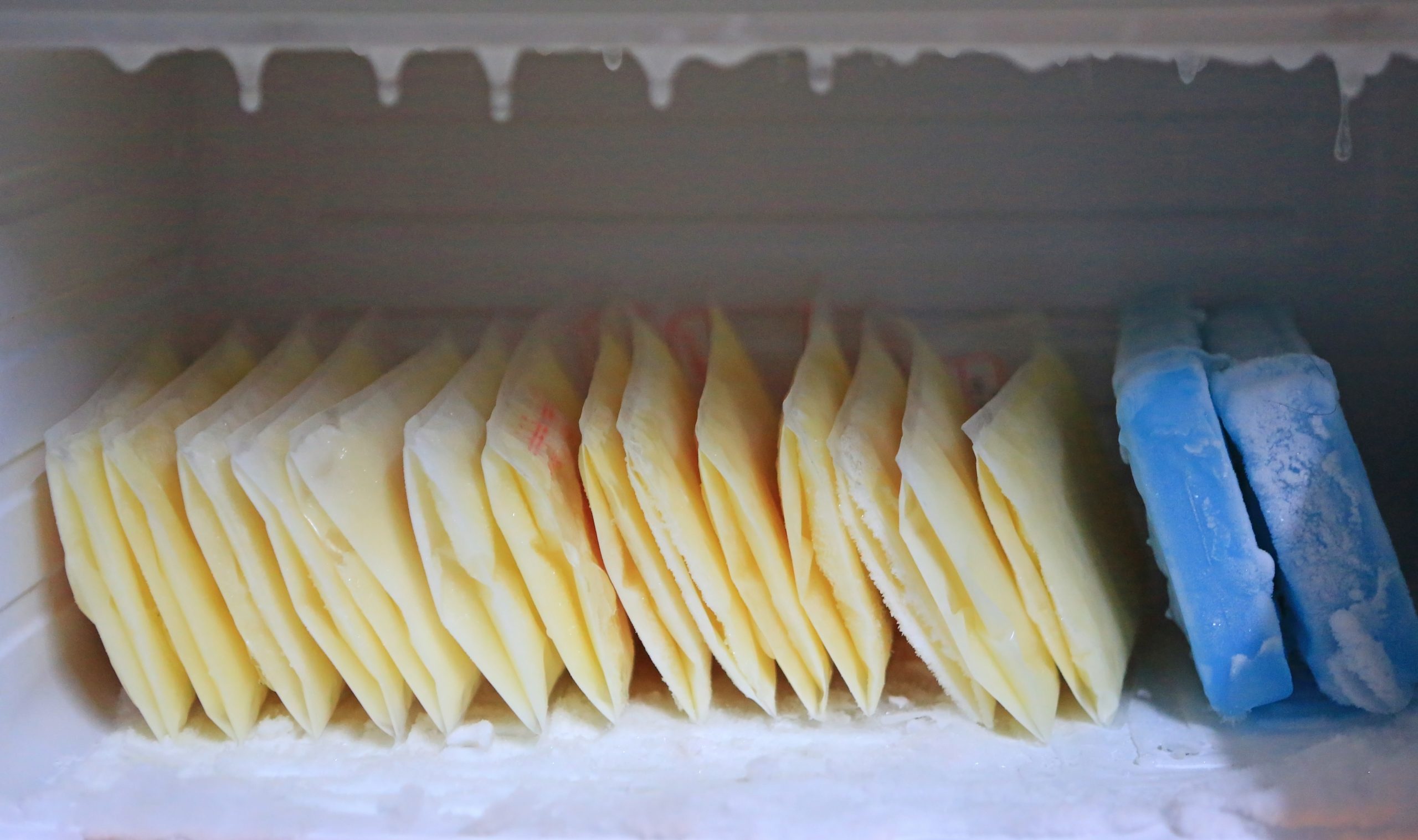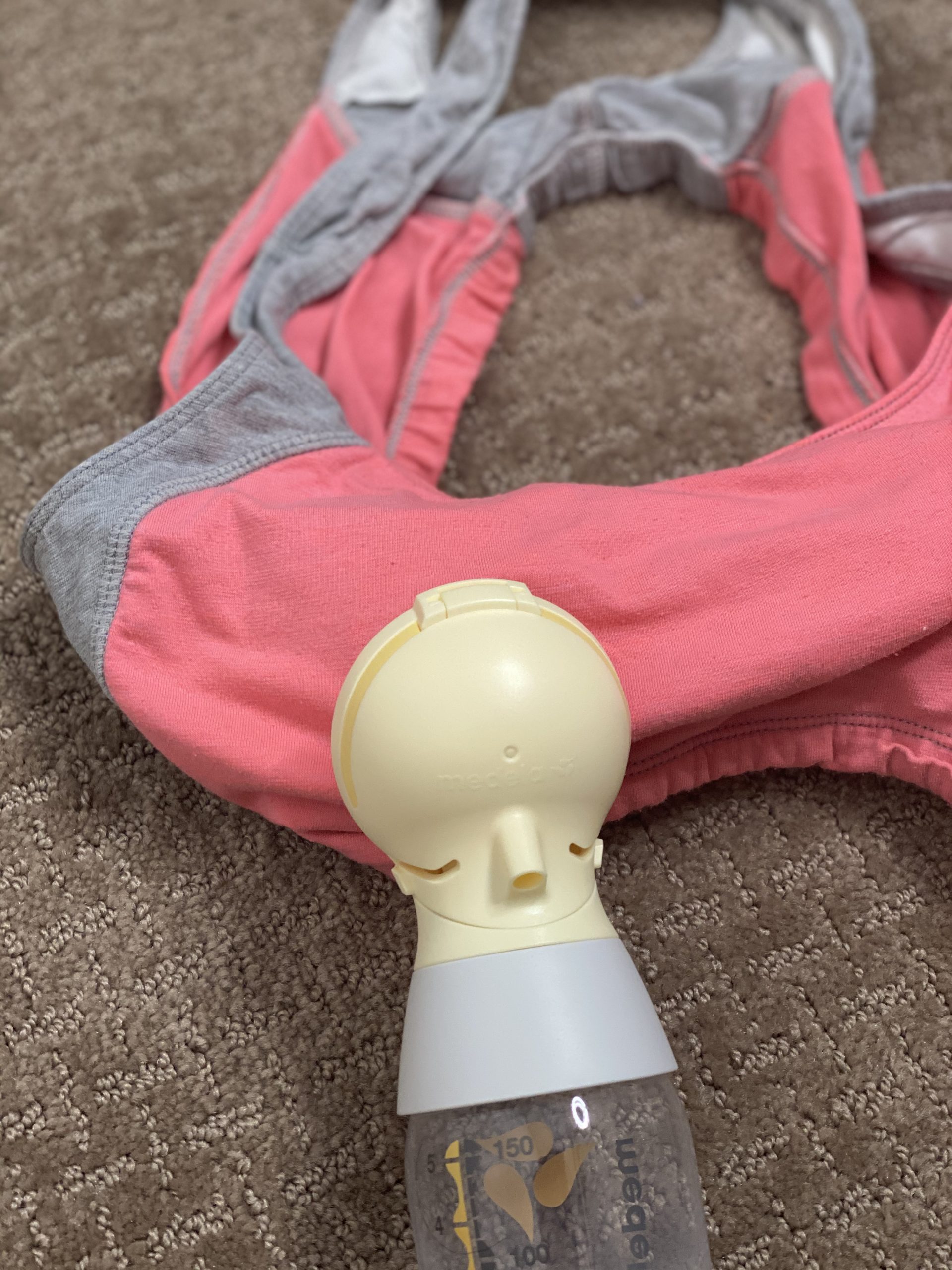So you want to donate your breast milk…congratulations! This decision will bless the lives of those who receive your milk.
Before you get too committed to the idea, read through this article make sure it’s a safe process for all involved – and that you are eligible.
Milk Bank or Private Donation
When it comes to donating milk, you’ll generally have two options – donating to a milk bank or directly to another parent through a private donation.
So, which one should you choose? Milk bank or direct sharing? Well, here are a few things to consider:
- Are you very healthy and not taking any medication?
- Can you donate at least 150 ounces over the course of the time you are breastfeeding?
- Are you producing enough in excess to make sure your baby is still being fed?
- Are you willing to undergo blood tests?
- Do you consume very little caffeine?
To be a donor for a milk bank, these are some of the requirements. Here are the ones from HMBNA– but they are rather stringent. If you can adhere to all of them…you may want to consider donating at least some to a milk bank.
However, donating directly to moms can be a good option, too. You should still be healthy, avoiding any medications that aren’t seen as compatible with breastfeeding (check your medications on this database), etc. But if you don’t qualify to be a milk bank donor, this is still a great option that many moms will appreciate. Even if you can donate to the milk bank, I’d still consider donating to local moms.
Becoming a Breast Milk Donor
So. How do you become a breast milk donor?
If you are wanting to donate to a milk bank, you can find information on your local milk bank here. They have specific procedures and blood tests you have to go through in order to donate milk.
If you want to donate milk directly to moms, there are a few different sources:
You can check out our list of all the Facebook pages for these organizations here.
While there may be others, these two organizations are the most active and recognizable ones.
What to Keep in Mind
As you embark on this journey, there are a few things that you can keep in mind:
- You will be asked a lot of personal questions. Even if you go through a private donor, they have every right to ask you questions about your health and lifestyle to ensure the milk is safe for their baby. Here are some of the questions you can expect to be asked.
- Be prepared to be very careful with the expression and storage of your breast milk. Because this is another human being – and one that you likely don’t know much about – you need to make sure you practice excellent hygeine and storage practices.
- You don’t generally get paid for donor milk. There are some organizations, such as Proclacta, that sometimes will compensate for breast milk. There are also websites you can sell breast milk on (though I’m not really a fan of that). For the most part, this is something that is done for free. It would be acceptable to ask/accept money for the cost of the bags because this can be expensive.
- The CDC and the AAP do not endorse the practice of private donation, due to the risk of bacterial contamination and improper handling of the milk. Many parents still do this – just be aware that most medical professionals generally are not in favor of it.
- Keep good records of when you pumped, how much you pumped, and even the time. This will be important to parents!
Have you been a milk donor or do you have any questions? Be sure to share them below!

